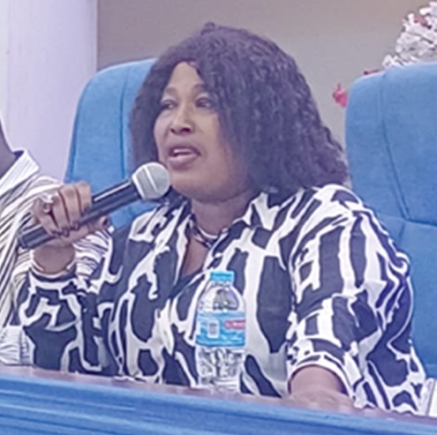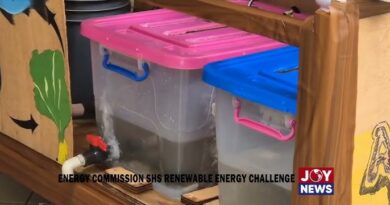Consumers Oppose Utility Tariff Increases in Ghana
Participants at a public forum in Accra strongly opposed a proposed increase in utility tariffs. Many people warned that Ghanaians cannot cope with further price increases. The Public Utilities Regulatory Commission (PURC) hosted a public hearing. This hearing was part of a nationwide consultation. The goal is to gather public views before new tariffs take effect.
Assembly members, traders, and public servants voiced their displeasure. They argued that utility providers should improve efficiency first. These providers should block revenue leakages instead of shifting the burden onto consumers. Many participants stated that the rising cost of living has already stretched household budgets. An additional increase in electricity and water tariffs would therefore worsen their hardship. In addition, others called for greater transparency. They want utility companies to account for collected funds. They insist that accountability must be a priority before any tariff hikes.
Samuel Aggrey of the Food and Beverage Association of Ghana (FABAG) stated that Ghanaians simply cannot afford any increment. He explained that businesses have already done their financials for the year. Consequently, absorbing any new costs will be difficult. He also pointed out that ECG had received a 136% increment from 2022 to July of this year. An additional 17% increase came just three months ago. However, the utility provider is back asking for more. Furthermore, they have not accounted for how they used previous increments.
Hannah Pantsil of the National Association of Beauticians and Hairdressers said businesses and domestic users cannot bear any new utility tariff. She explained that consumers are already feeling the pinch. Service providers should proactively address issues and waste. They should not wait for others to report problems. She added that consumers are continually paying for often subpar services. For this reason, the proposed hike must be blocked.
An Assemblyman, Emmanuel Darko Lamptey, called the tariff proposal excessive. He cited prevalent issues like leakages and inefficiencies within ECG. The proposal also highlights widespread concerns about charges. According to him, ECG is not doing enough. The company fails to address problems like illegal connections. These connections contribute to revenue losses. He believes that mitigating these losses could strengthen the company’s finances without burdening compliant customers.
Mr. Lamptey believes that ECG should prioritize tackling these issues first. For instance, meter provision can take nearly a year. This long delay drives some people to seek illegal connections. He argued that they should streamline processes before pushing for higher tariffs. This would prevent unfairly burdening law-abiding consumers. The public message was clear: consumers oppose utility tariff increases and demand better management.
Source: Daily Graphic Newspaper




